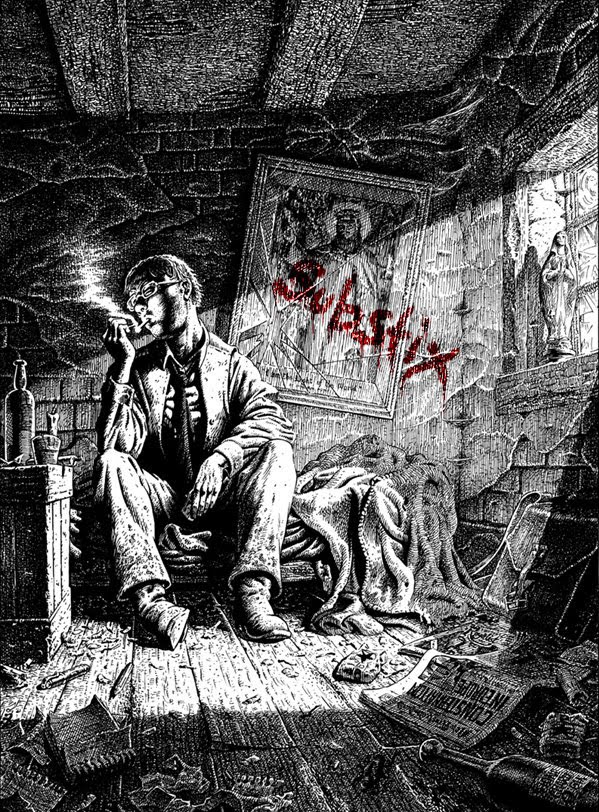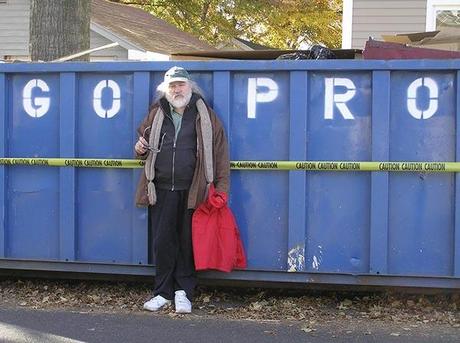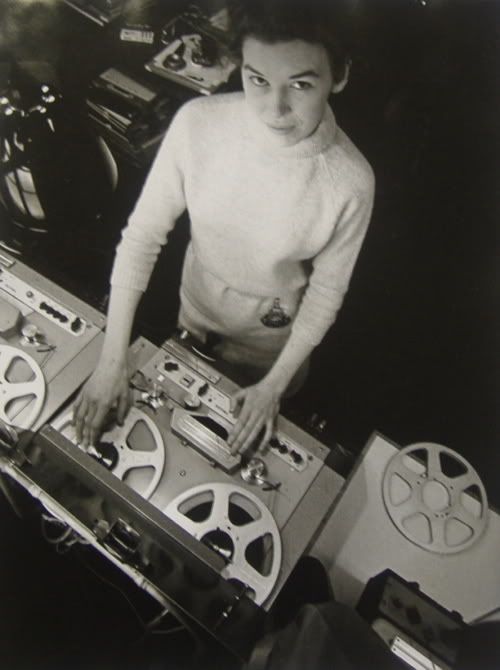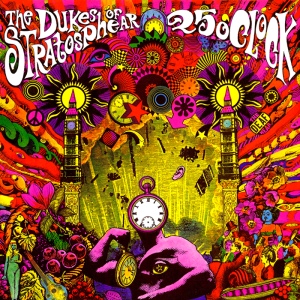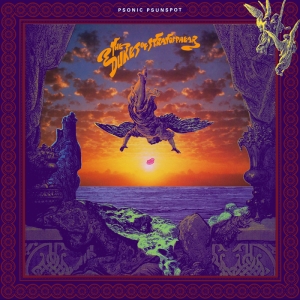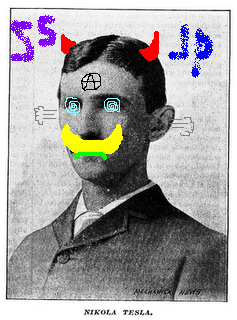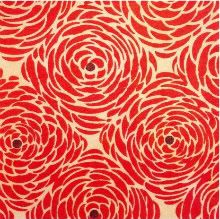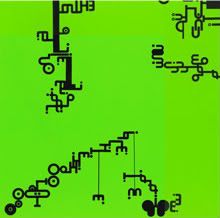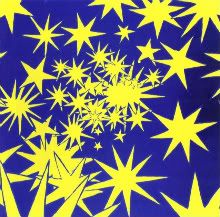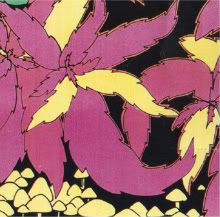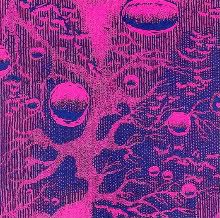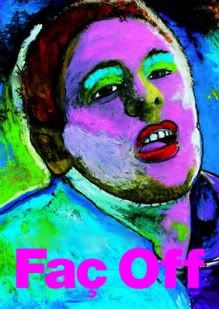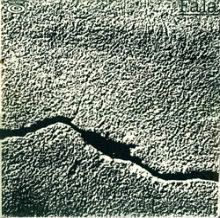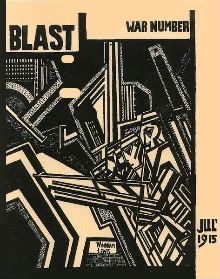 This is sort of connected to the last post, because Ruichi Sakamoto and David Byrne not only collaborated on 1987's beautiful 'the Last Emperor' soundtrack, but both have well-earned reputations as purveyors of worldbeat. Worldbeat hit it's fashionable peak in the late 80's onwards, and a number of great albums came out of it. It's music aiming to be made from a truly multi-cultural perspective, fusing ethnic styles left, right and centre and pushing post-modern Western styles into the background. As such the challenge calls for a cosmopolitan (typically Manhattan-dwelling?), multi-instrumentalist type with international connections. Both Sakamoto and Byrne's (no doubt picking up where he left off with the African stylings of late Talking Heads) eclectic solo careers emphasise a collaborative creative process above all else - rarely will you find a song where they are not backed or assisted by other musicians, often outside their usual comfort zone. That's the ethos of 'worldbeat', and with this album Byrne set his sights on Latin America.
This is sort of connected to the last post, because Ruichi Sakamoto and David Byrne not only collaborated on 1987's beautiful 'the Last Emperor' soundtrack, but both have well-earned reputations as purveyors of worldbeat. Worldbeat hit it's fashionable peak in the late 80's onwards, and a number of great albums came out of it. It's music aiming to be made from a truly multi-cultural perspective, fusing ethnic styles left, right and centre and pushing post-modern Western styles into the background. As such the challenge calls for a cosmopolitan (typically Manhattan-dwelling?), multi-instrumentalist type with international connections. Both Sakamoto and Byrne's (no doubt picking up where he left off with the African stylings of late Talking Heads) eclectic solo careers emphasise a collaborative creative process above all else - rarely will you find a song where they are not backed or assisted by other musicians, often outside their usual comfort zone. That's the ethos of 'worldbeat', and with this album Byrne set his sights on Latin America.Long influenced by and a champion of Afro-Latin styles (Byrne's Luaka Bop label is responsible for turning English-speaking music fans on to Os Mutantes and Tom Zé, among others), on 'Rei Momo' Byrne seeks to (un)cover seemingly every Latin folk-fusion rhythm, backed by the real musicians of course, combining it with his own herky-jerky style and deceptively workaday voice. Surprisingly, neither suffers as a result and you end up with an inspired, celebratory and enriching pseudo-folk album, peppered with Byrne's amusingly observational and optimistic lyrics.
The carnaval vibe is by no means exclusive to Brazil but is disseminated through many interconnected Afro-Cuban/Afro-Hispanic dance rhythms, lovingly documented on 'Rei Momo' (Portugese for King Momo, the king of carnivals).
Again this is a 320 job, artwork on request. On the back cover of the CD each track is listed along with the regional rhythm represented, I'll replicate that here along with the country of origin!
Uno Dos
Many of these are prevalent across Latin America:
1. Independence Day (Cumbia - Colombia)
2. Make Believe Mambo (Orisa - presumably a reference to the Yoruba religion, the song is in mambo which is of course Cuban)
3. The Call of the Wild (Merengue - Dominican Republic, named derived from meringue!)
4. Dirty Old Town (Mapeyé - Puerto Rico)
5. The Rose Tatoo (Bomba/Mozambique - presumably a reference to this Puerto Rican dance music being an African import)
6. Loco De Amor (Salsa/Reggae - Cuban, Caribbean)
7. The Dream Police (Cha-cha-chá - Cuba)
8. Don't Want To Be A Part of Your World (Samba - Brazil, African roots)
9. Marching Through the Wilderness (Charanga - Cuba, fusion of European classical music and African rhythms)
10. Good and Evil (Rumba - slower Cuban percussive rhythms of African origin)
11. Lie to Me (Merengue - see above!)
12. Office Cowboy (Pagode - Brazilian samba derivative, it's complicated)
13. Women Vs. Men (Bolero - slower tempo Cuban version in 2/4, not the Spanish 3/4 form)
14. Carnival Eyes (Mapeyé - see above!)
15. I Know Sometimes A Man Is Wrong (nothing here, just a short outro with a harmonium and some samples of jungle noises)
